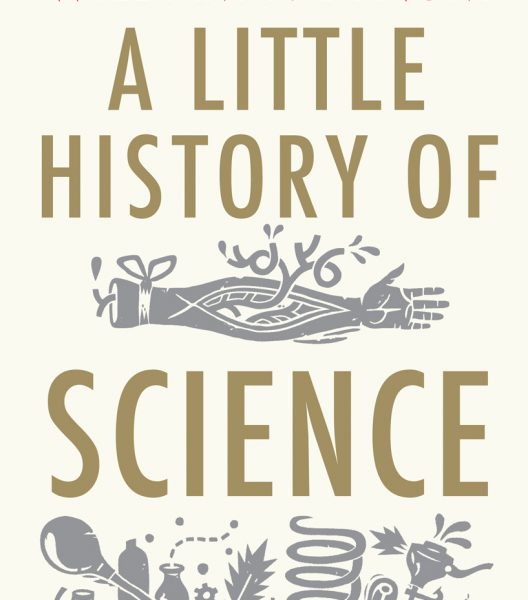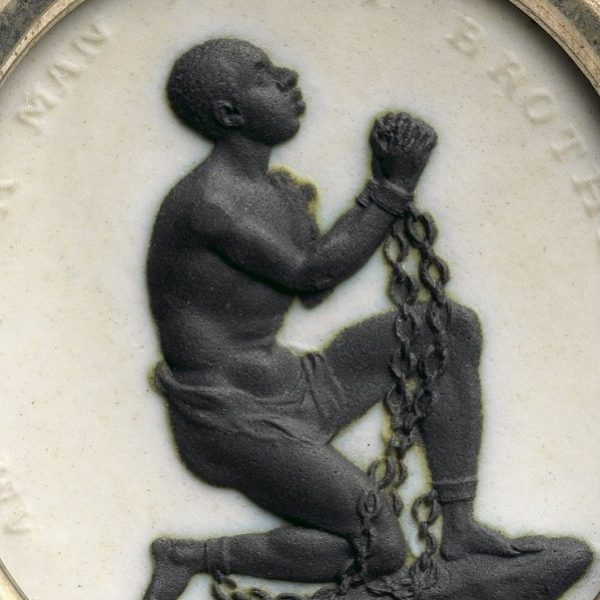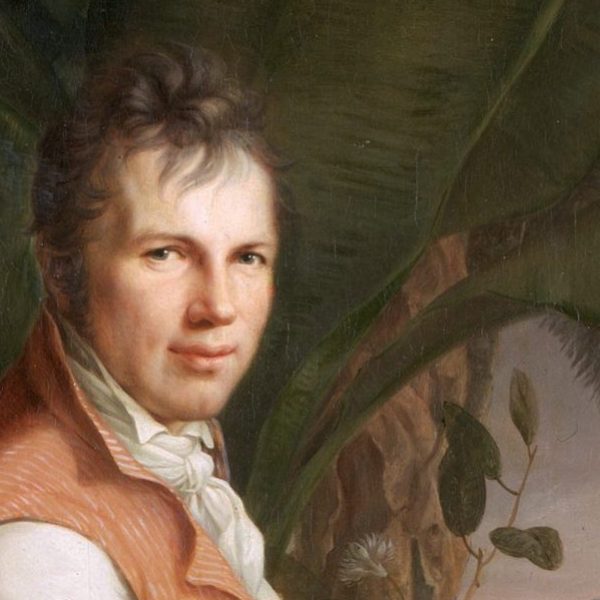A Conversation with William Bynum on A Little History of Science
 As ambitious as the project of charting the history of science over the past few centuries sounds, William Bynum takes on the task readily in his latest book, A Little History of Science, fashioned after E.H. Gombrich‘s bestselling A Little History of the World. He brings readers, both young and old, on a journey through astronomy and the invention of the telescope; the movements of the earth; the development of the periodic table; the structure of atoms and the discovery of DNA—to name just a few of the major scientific developments in history. In a recent interview, Bynum told us how his grandchildren motivated him to write the book and shared with us his personal take on the most important moments in the history of science.
As ambitious as the project of charting the history of science over the past few centuries sounds, William Bynum takes on the task readily in his latest book, A Little History of Science, fashioned after E.H. Gombrich‘s bestselling A Little History of the World. He brings readers, both young and old, on a journey through astronomy and the invention of the telescope; the movements of the earth; the development of the periodic table; the structure of atoms and the discovery of DNA—to name just a few of the major scientific developments in history. In a recent interview, Bynum told us how his grandchildren motivated him to write the book and shared with us his personal take on the most important moments in the history of science.
Yale University Press: Why did you write this book?
William Bynum: I was charmed by Gombrich‘s A Little History of the World and thought I would like to do something like it for my grandchildren Alex and Peter. I used to teach the history of science and thought what a wonderful story it could make, to start at the beginning with the stargazers in Babylon and come up to the computer age of today. People from time immemorial, in all cultures, have thought about such things as why the sun rises and sets, how a hen’s egg develops into a new chick, and why we fall ill and might be made well.
YUP: What are the great turning points—for you—in the history of science?
WB: The invention of the telescope and the microscope, which allowed people to do science on things that you couldn’t even see with your naked eye.
Darwin’s theory of evolution by natural selection, which changed the way we see the living world and offered us the chance to delve into the secrets of life. Einstein’s theories of relativity, which opened up the universe to new interpretations.
The coming of the modern computer, which enabled scientists to tackle questions in fields as diverse as the human genome and climate change that would have been impossible a couple of generations ago.
YUP: What are the major themes of your book?
WB: My book has only one theme: science as a human endeavor to understand the world. The history of science is a journey through time, illuminated on the way by great thinkers, adept experimenters, and people of enlarged curiosity. Understanding that journey tells us something about who we are as human beings.
William Bynum is Professor Emeritus of History of Medicine at University College London. He has written and edited numerous publications, including the recent title, Great Discoveries in Medicine. He currently resides in Suffolk, UK. A Little History of Science is available now from Yale University Press, and for a limited time, you can purchase the eBook edition of A Little History of the World from participating retailers for a discounted price of $7.99.


























